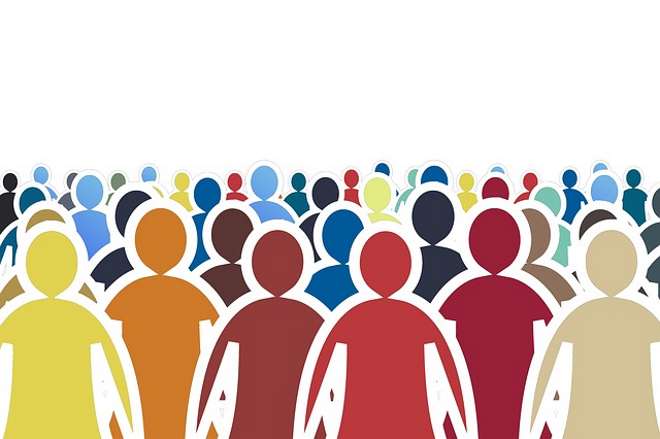Reimagining the Role of Empathy in Modern Society
In a world increasingly driven by technology and digital interaction, the importance of empathy in shaping our societal dynamics has never been more significant. Read below to explore how empathy is transforming cultures and shaping the modern social landscape.

How Empathy Evolved Over Time
Empathy, often defined as the capacity to understand or feel what another person is experiencing, is a concept that has been central to human interaction since time immemorial. Embarking on a historical journey, we discover that empathy was initially viewed as a purely emotional response. This perspective began to change in the late 19th and early 20th centuries, with the emergence of cognitive psychology that recognized empathy as a complex blend of both cognitive and emotional processes.
Empathy in the Age of Digitalization
Fast forward to the 21st century, where the digital age has brought about a new set of challenges and opportunities for empathy. Despite geographical distances, we are now more connected than ever, thanks to the rise of social media and digital communication platforms. This has led to a shift in the way empathy is expressed and experienced. Digital platforms, while enabling connection, can sometimes dilute the intensity of empathic interactions, due to the lack of physical presence and non-verbal cues.
Empathy as a Societal Glue
Despite these challenges, empathy is increasingly recognized as a crucial societal glue in our diverse and complex modern society. It fosters understanding, tolerance, and compassion among different racial, cultural, and social groups. By allowing us to step into the shoes of others, empathy bridges the gap between ‘us’ and ‘them’, helping to dismantle stereotypes and prejudices.
The Empathy Economy: A New Trend
A fascinating trend that has emerged in recent years is the advent of the so-called ‘empathy economy’. Businesses are recognizing the value of empathy in their operations, from product development to customer service. Design thinking, a strategy that prioritizes understanding the customer’s needs and experiences, is a prime example of empathy being leveraged in the business world.
The Future of Empathy
As we move forward, it becomes clear that empathy will continue to play a pivotal role in shaping our society. From education to politics to technology, integrating empathy into different facets of our lives can lead to more inclusive and harmonious societies. As such, fostering empathy, both at individual and collective levels, is not just desirable but necessary for a healthier and more connected world.
The exploration of empathy’s evolving role in our society is a testament to its enduring significance. As we navigate the challenges and opportunities of the modern world, it becomes clear that empathy is not just a personal virtue but a societal necessity. By cultivating empathy, we can build bridges of understanding and cooperation, fostering a more inclusive and compassionate society.




